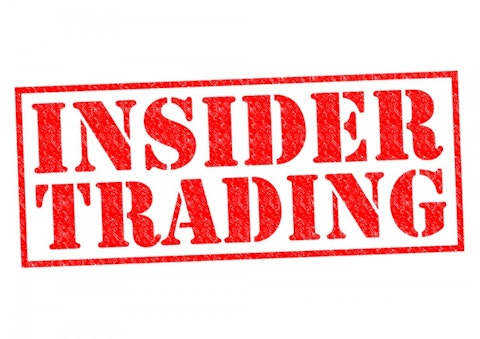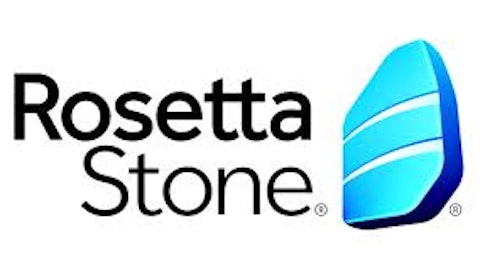Numerous studies have shown how portfolio management based on signals from insider trading can outperform the market. Given that a company’s management is in the best position to judge its future prospects, the results are not surprising at all. In order to help everyday investors make the right decisions, we at Insider Monkey keep a close eye on such transactions. In this regard, two companies experienced significant insider sales yesterday: RadNet Inc. (NASDAQ:RDNT) and Tucows Inc. (USA) (NASDAQ:TCX). It should however be borne in mind that insider sales do not necessarily generate a bearish signal as they can occur due to a large variety of reasons, with profit taking being one of them. Let’s deconstruct yesterday’s transactions and find out if bearish fears motivated either of the sales mentioned above.

chrisdorney/Shutterstock.com
An everyday investor does not have the time or the required skill-set to carry out an in-depth analysis of equities and identify companies with the best future prospects like an elite fund with the knowledge and resources of the firms we track. However, it is also not a good idea to pay the egregiously high fees that investment firms charge for their stock picking expertise. Thus a retail investor is better off to monkey the most popular stock picks among hedge funds by him or herself. But not just any picks mind you. Our research has shown that a portfolio based on hedge funds’ top stock picks (which are invariably comprised entirely of large-cap companies) falls considerably short of a portfolio based on their best small-cap stock picks. The most popular large-cap stocks among hedge funds underperformed the market by an average of seven basis points per month in our back tests whereas the 15 most popular small-cap stock picks among hedge funds outperformed the market by nearly a percentage point per month over the same period between 1999 and 2012. Since officially launching our small-cap strategy in August 2012 it has performed just as predicted, beating the market by over 60 percentage points and returning 118%, while hedge funds themselves have collectively underperformed the market (read the details here).
Norman Hames, who is an Executive Vice President of RadNet Inc. (NASDAQ:RDNT), sold 13,100 shares to lower his remaining holdings to 668,146 shares. So far this month he has disposed of some 50,900 shares. The stock price of the $255.24 million healthcare company has fallen by more than 32% year-to-date. Due to a considerable increase in demand, the company is undergoing an expansion phase, which means higher capital expenditures. The company had lately been facing two key problems, the first one being its operating expense ratio, which stood at 92.9% during the March quarter, but was reduced to 84% in the June quarter, and the management is confident that they can get it to last year’s level by the end of the year. Secondly, RadNet was facing problems profiting from the newer capitated contracts in the first three months of this year, but that too seems to be resolving, as the extra utilization arising out of these contracts normalized in the June quarter. RadNet Inc. (NASDAQ:RDNT)’s largest stockholder within our database, Richard Mashaal‘s RIMA Senvest Management, increased its stake by 14% in the second trimester to 3.56 million shares.




